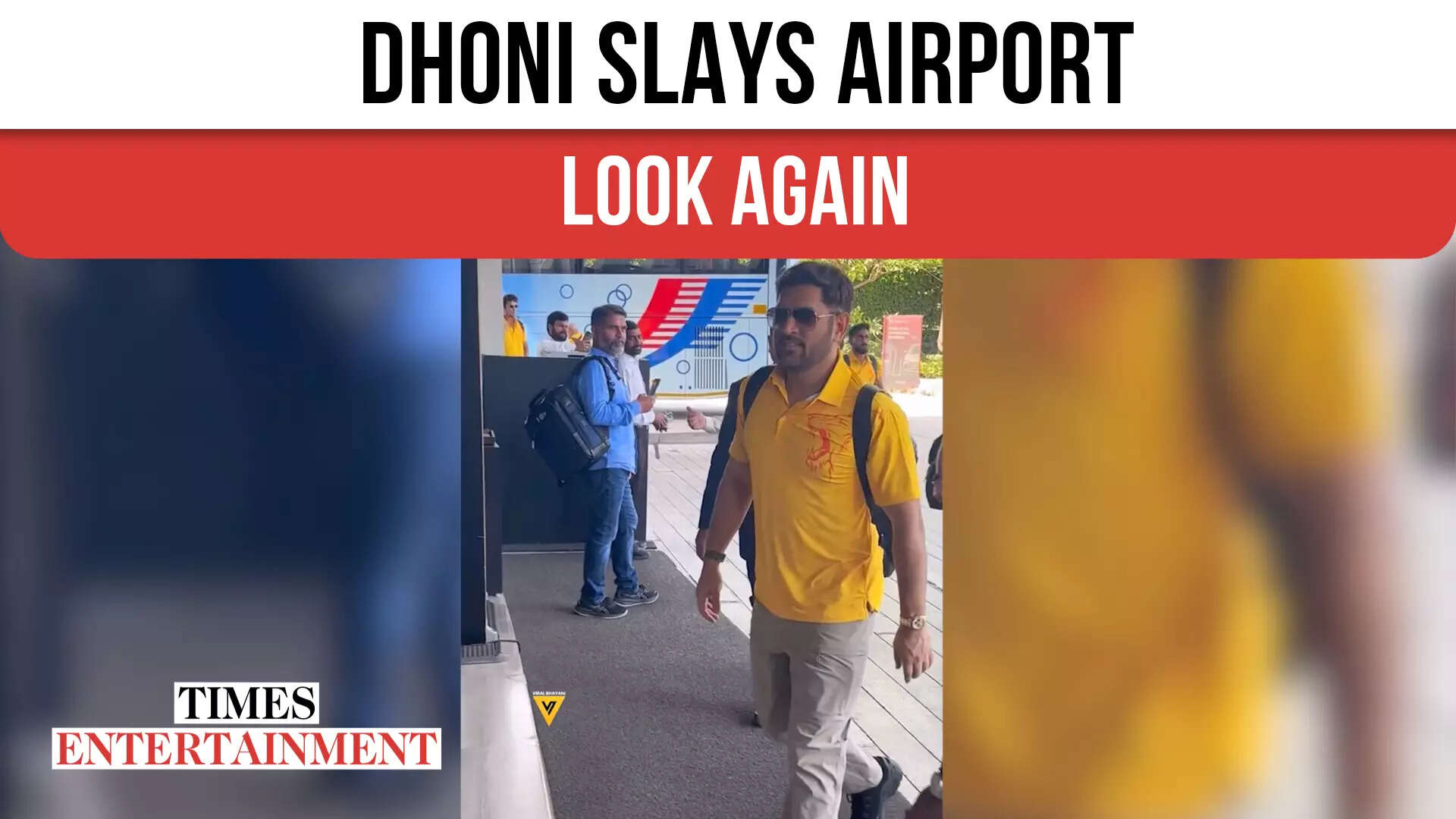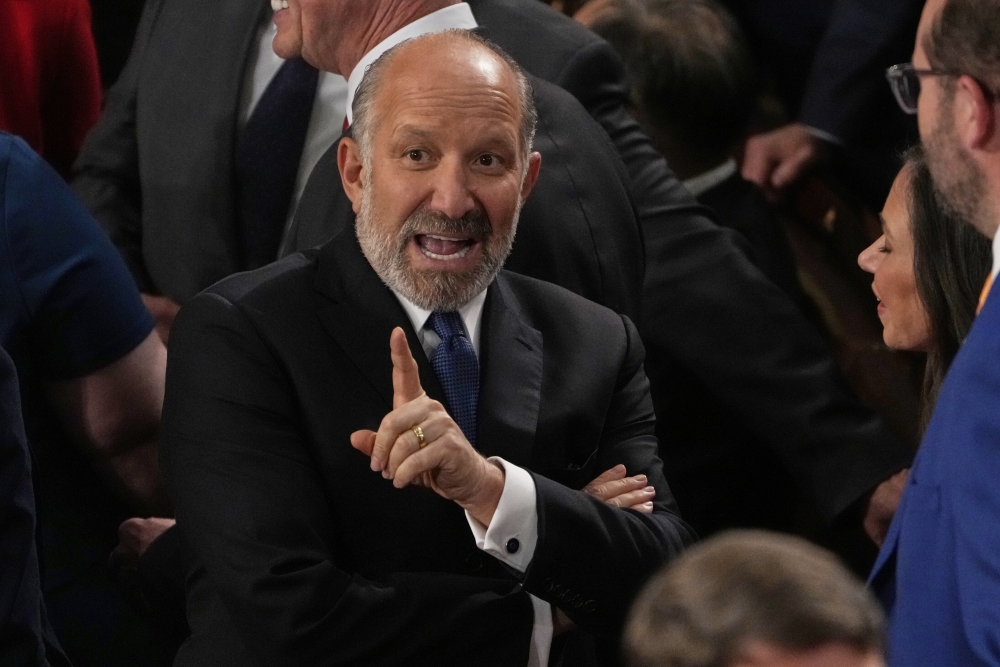Chicago finished the year’s first quarter this week with 96 murders, a drop of more than 15% from the first three months of last year. New Orleans-based data analyst Jeff Asher closely follows crime numbers in Chicago and other U.S.
cities and spoke with WBEZ. The interview has been edited for clarity and length. The first quarter had the fewest Chicago murders since early 2019.

The city’s annual murder count has been dropping since 2021. How do these numbers compare to national trends? So far, especially in 2025, we’re seeing a dramatic decline in murder. Philadelphia during this year’s first quarter had its fewest murders since the mid-1960s.
Baltimore has had its fewest murders in decades. New Orleans has had similar drops. Chicago very much mirrors what we’re seeing in a lot of big cities.
When we zoom out and look at all violent crime — batteries, robberies and so on — those numbers are falling too. What explains public perceptions that violent crime is increasing? I think the biggest factor is that we generally don’t have a lot of really good crime data. Only recently have we been in a position to measure hundreds of cities and build a national sample to tell what the trends are.
So, it leads to people basically relying on anecdotes: ‘Have I seen more robberies in the news than I saw last year?’ And you’re always going to have a recency bias: ‘How can crime possibly be down if, three weeks ago, my cousin’s barber was robbed?’ And it has become politically advantageous, especially for the current president, to say that crime is up, no matter what. ‘Crime is up, crime is up, crime is up.’ I think that explains why public perceptions are so divorced from reality.
Speaking of the current president, Donald Trump’s newly confirmed FBI director was on FOX News last week. Kash Patel talked about “this violent crime explosion that has occurred over these last four or five years.” How closely does this reflect reality? Yes, we had an explosion of violent crime four or five years ago.
What he leaves out is that, ever since, violent crime has been falling — to a point where it’s below where it was pre-pandemic. What this tells us is that, yes, you can say there was an explosion in murder nationally, but that doesn’t describe where we are now. New Orleans-based data analyst Jeff Asher closely follows crime numbers in Chicago and other U.
S. cities. Provided One of President Trump’s first actions when he returned to office in January was closing the White House’s Office of Gun Violence Prevention.
In the name of efficiency, his administration has also cut or frozen tens of millions of dollars slated for violence prevention. Some Democrats say these steps will make it harder to keep murder numbers heading downward. What do you think? I’m skeptical that federal policy typically is the main driver in gun violence and crime patterns.
But taking away programs is also unwise, I think, given a lack of a full understanding why violent crime is falling. The programs appear to be doing some good, likely contributing in some way to the declines. What are some important things a big city like Chicago could do to keep its murder numbers dropping? I think the best thing that Chicago and most big cities can do right now is invest resources in research to understand why murders have dropped, even as the city’s Police Department has lost thousands of officers since 2019.
If these trends reverse and we start to see a leveling off of murders or we start to see an increase, we may not need to suddenly throw all of our resources into, ‘We need more policing, we need more policing.’ Policing certainly plays a role in all of this, but I think that there is a vast ecosystem of interventions and policies and actions and reactions that are leading to these crime declines and, the better that we can understand the declines, the more we can do to respond when crime starts to increase. Chip Mitchell reports for WBEZ Chicago on policing, public safety and public health.
Follow him at Bluesky and X . Contact him at [email protected] .
.
















